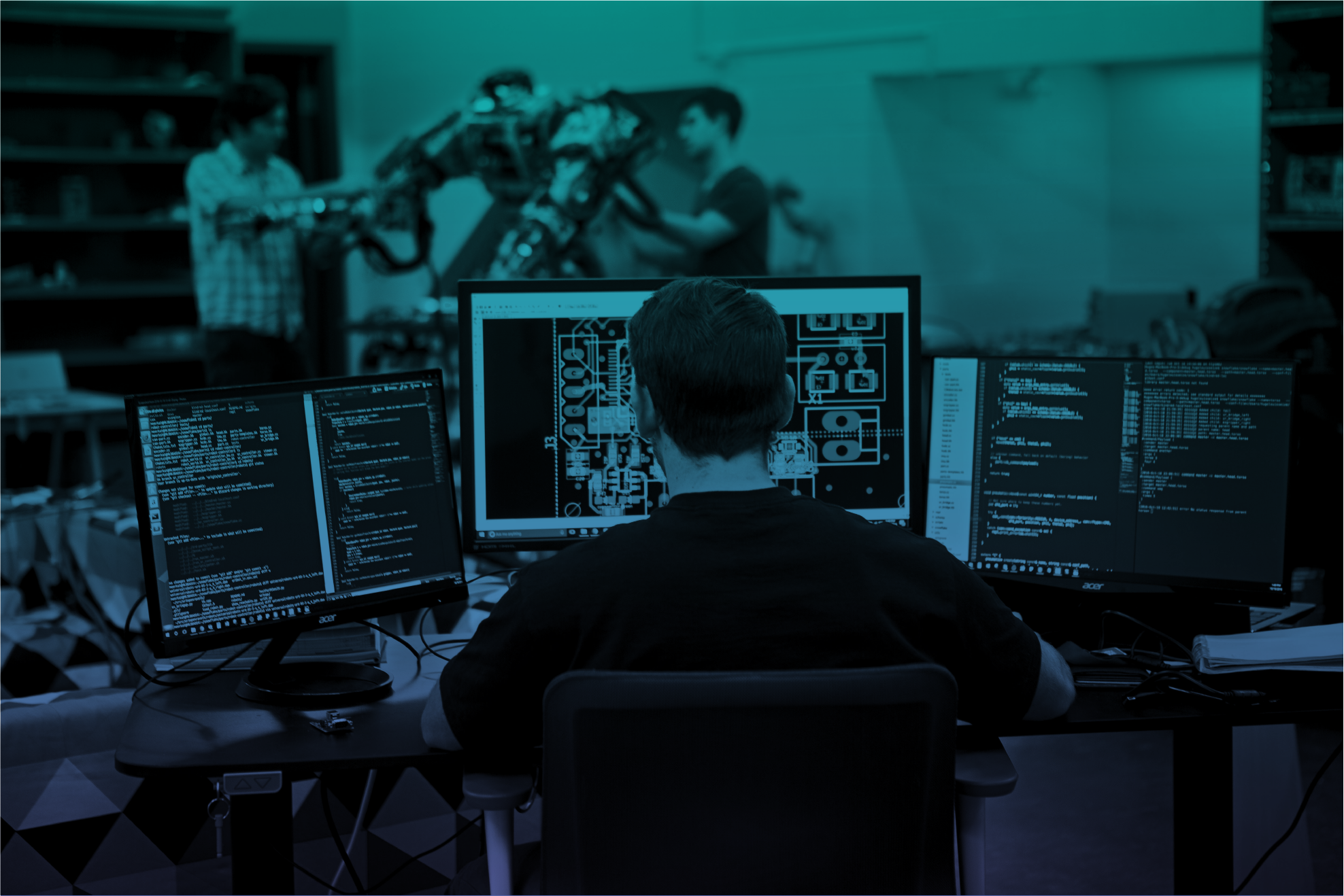Getting The Scoop
Robotics revolutionizing manufacturing is nothing new. Robotic arms have cut the demand for blue-collar workers on factory floors, and some companies are building robot-only factories. Kindred Systems, a stealthy startup founded by Geordie Rose, cofounder and CTO of quantum computing company D-Wave, wants to take that even further by creating robots that will learn from ,and eventually replace, human workers.
While few details have been leaked by the people behind Kindred, a patent filing has provided a glimpse into the startup's plans to create a robotic exoskeleton that feeds information to an array of sensors. That data will then be used to teach distant robots to mimic the wearer's actions until the point that they learn enough to take humans out of the equation altogether.
The patent filing mentions applications not just in manufacturing, but also in household work or even entertainment. The system could eventually power a robot waiter that pours coffee or a robotic dance troupe that learns from a human choreographer. If the filing still leaves you a little starved for details, good news: Rose and CTO Suzanne Gildert will be speaking at Creative Destruction Lab's Machine Learning and the Market for Intelligence conference in Toronto this month.
A Robot Workforce
While projects like Kindred can and have sparked fear in the hearts of workers worldwide due to the potential for unemployment, many posit that they could grant us the opportunity to take on more meaningful or higher order work.
In an article for World Economic Forum, Martin Feldstein, Professor of Economics at Harvard University, points to history as proof that technologic innovation doesn't equal unemployment. "Rapid technical change is not something new," says Feldstein. "We have experienced technological change that substitutes machines and computers for individual workers for many years. And yet, despite the ups and downs of the business cycle, the U.S. economy continues to return to full employment.
He predicts that the coming robot workforce will be particularly beneficial to U.S. workers, who currently work 30 percent more hours than workers in Germany. By allowing people everywhere to work fewer hours, machines like Kindred could improve our quality of life. We could teach robots our jobs, and then relax as the robots do tasks as well as we could do them, or maybe even better.
So what will you do with all that free time?
Share This Article
